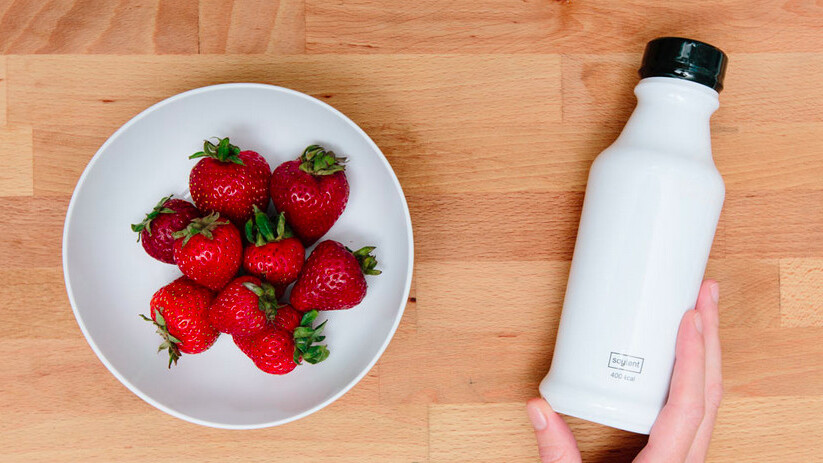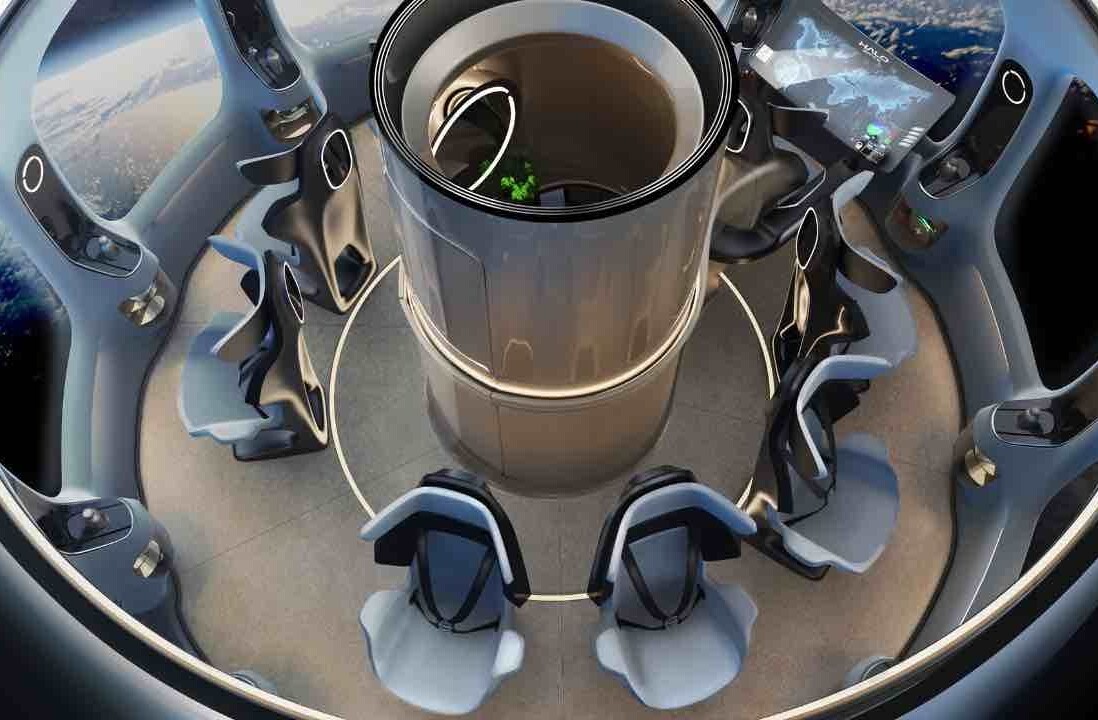
I live in Dublin, Ireland. I used to live in London. I’ve spent a lot of time in Manchester and studied in Cambridge. The point of this mini geographical CV is that I have encountered ‘hipsters’ in all those places. Cultural tropes, most of them incubated in Portland, have spread and mutated all across the world. A British or Irish hipster looks a lot like one from the Pacific Northwest or the middle of Berlin – bird tattoos and beards.

This isn’t the preface for a rant about hipsters. Look at this recent piece from The Guardian and you’ll see the intrinsic problem with that, which is that we’ve almost all bought into some aspects of that culture.
Instead, my point about the spread of these cultures – fueled by sharing on the Web – is that while I don’t live in San Francisco, I’ve encountered the tech bro, the pretentious Pinterester, the Etsy elitist, the mindless maker and other technology culture stereotypes here, in London, in Amsterdam, in Berlin… everywhere. I sit squarely in the box marked ‘snarky tech commentator.’
https://twitter.com/pmarca/status/628425878028992512
The clueless tech elite doesn’t just live in California, but the mothership of the moronic veneration of apps, disruption and selfish services is located there. If you’re looking for a place where the bad tendencies of tech utopianism coalesce into a bright purple bruise of throbbing ego, it’s the Bay Area.

Lunatic rich people like Tim Draper think the place is so special that they’ve even outlined myopic plans for a ‘six state California’, with Silicon Valley as an independent entity. That might be fine if we could lock in the crazy contagion, but we have to take the good stuff with the bad. The flow of new ideas contains great apps and genuinely cool services next to the idiotic and the sometimes borderline evil.

And so I come to Soylent, the meal replacement plan that has taken the SlimFast concept of feeding you unpleasant gloop in place of real food and welded it to a dumbass ideology drunk with libertarianism, confused futurism and startup bro stupidity. A ‘startup’ whose product provokes associations with the fictional food in ‘Soylent Green’, which was infamously made from people, is a startup born out of irony overload.

Born in 2013 as an experiment by software developer Rob Rhinehart, effectively as a means to increase the amount of time he could stare at his computer avoiding real human contact, Soylent had become a ‘real’ product by May 2014, by way of a $3 million crowdfunding campaign that made it the best funded food product of all time. Soon it was the go-to gloop for Vice writers looking for a ludicrous experiment to partake in:
Most of us outside of the small bubble of biohacking brosephs who clustered around the Soylent community soon forgot about it. But yesterday, the company introduced Soylent 2.0 with much fanfare, having finally created a version of its super-charged slop that comes prepackaged in bottles rather than requiring tedious mixing (and presumably weeping about the strange emptiness of your existence).
However, it wasn’t the startup’s press announcement that got Twitter and Facebook users fulminating. Instead, it was this blog post by Rhinehart that laid out how he lives his day-to-day life, presenting someone so disconnected from reality that he might as well be hooked into an Oculus Rift 24/7, bathing in a bath of temperature controlled Soylent.
the best part about soylent is more french fries for the rest of us tbh
— darth:™ (@darth) August 4, 2015
The long – and obscenely detailed – post begins with the Soylent founder’s discussion of why he’s ditched the power grid, but only really gets ‘good’ when he turns to discussing his eating habits. TL:DR – they are the kind of very odd obsessions that outside of the startup world would be a trigger for an intervention by a trained professional.

If you were in need of a quick primer on entitlement, that section of Rhinehart’s post is a perfect encapsulation of it:
Kitchens are expensive and dirty. The home manufacturing center had been by far the most liberating to eliminate… I never cook. I am all for self reliance but repeating the same labor over and over for the sake of existence is the realm of robots. I utilize Soylent only at home and go out to eat when craving company or flavor. This eliminates a panoply of expensive tools and rotting ingredients I would need to spend an unconscionable amount of time sourcing, preparing and cleaning.
It also gives me an incentive to explore the city’s fine restaurants and ask friends out to dinner. When Soylent 2.0 reached private beta, I was thrilled to learn that thanks to aseptic processing the product does not require refrigeration, and will still keep its nutrition for at least a year. It tastes better cold, but I think it’s fine warm. Getting rid of my fridge was one of the greatest days of my life.
Please back my Kickstarter to put an actual cloud over the soylent guy's solar panel
— Parker Higgins (@xor) August 3, 2015
In a world where millions of people still dream of a day when reliable refrigeration is available to them, this happy hacker decries the very concept. God forbid that people should be able to keep food good for longer. He goes on:
I have not set in a grocery store. Nevermore will I bumble through endless confusing aisles like a pack-donkey searching for feed while the smell of rotting flesh fills my nostrils and fluorescent lights sear my eyeballs and sappy love songs torture my ears. Grocery shopping is a multi-sensory living nightmare. There are services that will make someone else do it for me but I cannot in good conscience force a fellow soul through this gauntlet.
These thoughts are presented like the humble musings of an aesthetic master, but just beneath the surface there is the sneer of the software engineer who believes he has hacked the world in ways the normals will never be able to understand. It is ‘tech’ superiority writ large. He has evolved. You, with your need for real food and desire to purchase it easily, are a pack-donkey braying and shitting in the aisles.
Soon, we’re out of the convenience store and onto more broad musings from Rhinehart, the convenience bore:
It’s easy to demonize “big food corporations”, but the majority of America’s calories come from home-cooked staple meals. Most of us are driving drunk when it comes to how we eat. At some point we are going to have to admit that we suck at cooking, and we suck at driving. Let’s automate them already so we can focus on art, and science, and exploration. Food can be art, and driving can be exploration, but it’s mostly manufacturing and commuting. I don’t miss them.
That’s it, we’ll just outsource every task, become the blobs in Wall-E, served by robots and poor people, who will be effectively the same thing. Because while Rhinehart has talked up a future where Soylent is the solution to world hunger, I don’t think that’s who he’s really bothered about. Every word he writes is informed by the life experience of a tiny sliver of humanity.
As tempting as it would be to unpick every sentence of Rhinehart’s moronic manifesto, our time here is almost up, so I’ll tap out of his insanity by finishing with his take on clothes:
I enjoy doing laundry about as much as doing dishes. I get my clothing custom made in China for prices you would not believe and have new ones regularly shipped to me. Shipping is a problem. I wish container ships had nuclear engines but it’s still much more efficient and convenient than retail. Thanks to synthetic fabrics it takes less water to make my clothes than it would to wash them, and I donate my used garments.
He has his clothes made by low-paid workers, shipped to him and then discards them when they get dirty. As my grandmother (and Oscar Wilde) would say, he knows the price of everything and the value of nothing. The truth that most people are being – surprisingly – too polite to point out is that Soylent is mental illness as a service.

Rhinehart is just one example of the extremes of Silicon Valley ‘disruptive’ thinking. There’s the ugly elitism of The League, Tinder for the ‘elite’, which saw some of its members ferried to its latest event in the Hamptons by Blade aka “Uber for helicopters.” Then there’s Airbnb, coopting the tenets of basic human kindness to pretend that it’s not just a juiced up take on holiday letting.
Kindness is a chain reaction. And it starts by believing in a world where everyone belongs. #Humankind pic.twitter.com/btHQwofoSs
— Airbnb (@Airbnb) July 29, 2015
When the clean water starts to run out, the world crumbles, and our tech is no longer there to act as a crutch, the out-of-touch tech elite will be the first against the wall. A future tech-averse Robspierre would find The League’s membership roll a pretty useful document.

Technology is revolutionary, it has changed our lives for the better, but the boosting and veneration of the giant babies of Silicon Valley, both the ones that live there and the ones spawned by its ideology, is a net negative for humanity. Narcissism wrapped in the hollow rhetoric of utopianism is still narcissism.
Read next: If a journalist doesn’t distrust brands, you shouldn’t trust them
Get the TNW newsletter
Get the most important tech news in your inbox each week.





